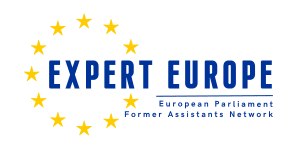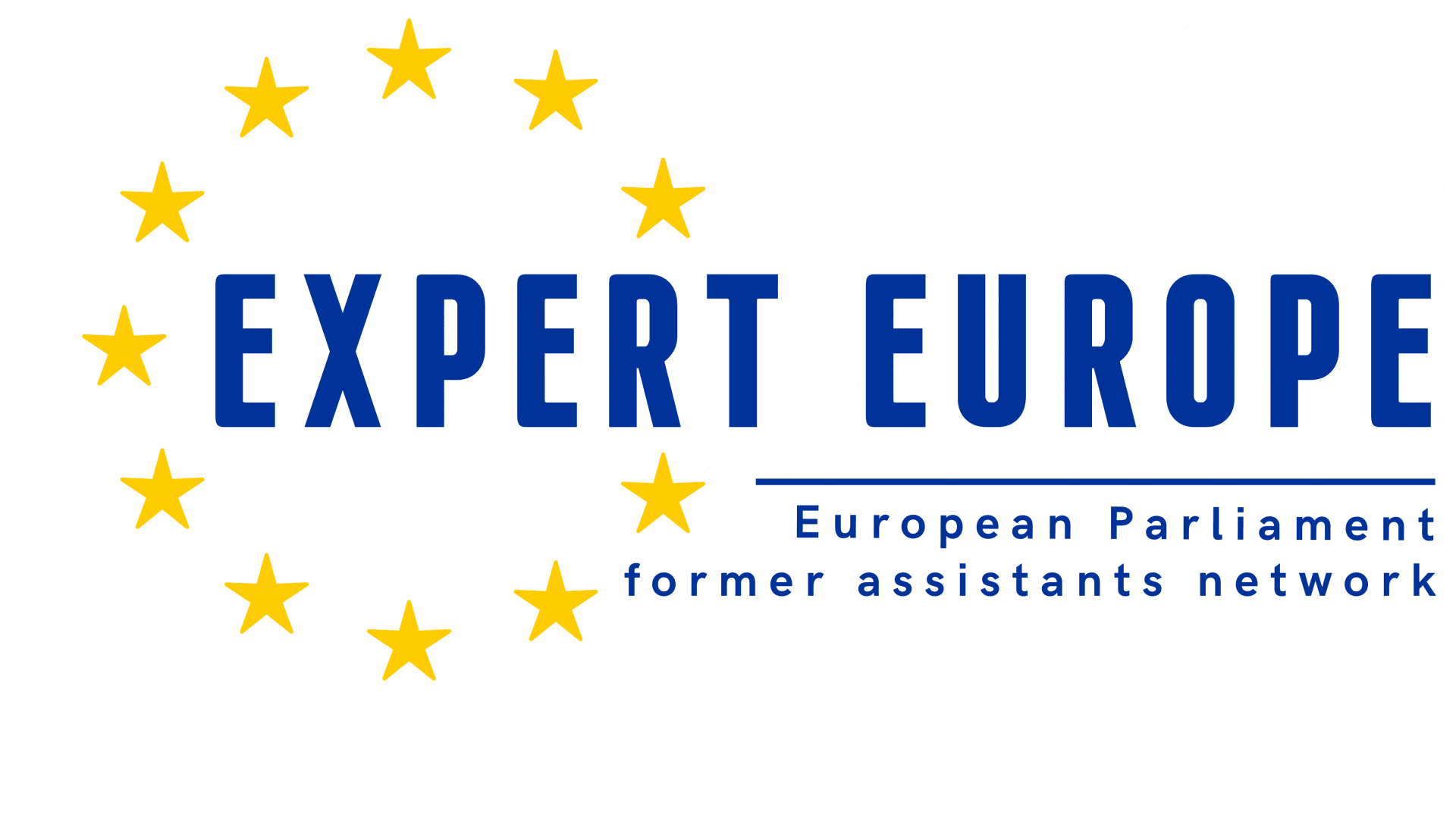What happens when the power goes out in a modern economy?
As blackouts expose the fragility of our outdated grid, Seán Kelly calls for urgent political leadership, faster permitting, and massive investment to power Europe's net-zero future.
A power outage is more than an inconvenience – it is a stark wake-up call. On April 28, a significant blackout struck Spain and Portugal, disrupting daily life and highlighting a larger issue: Europe’s electricity grid is outdated and ill-equipped for the demands of the 21st century.
It also underscores the risk that poorly connected regions may face more severe consequences.
However, the blackout was merely a symptom of a much deeper problem: across Europe, our electricity grid is no longer fit for purpose. Built for a different era — one of fossil fuels and centralised power plants — it struggles to keep up with today’s reality: decentralised, clean energy and rising demand from electric vehicles, heat pumps, and digital infrastructure.
The consequences of this ageing infrastructure are impossible to ignore. Across the EU, outdated grids, sluggish planning, and lack of investment are stalling both the green transition and economic growth. If we do nothing, we risk falling short on climate goals, leaving ourselves vulnerable to energy shocks, and making European industry less competitive on the global stage.
Citizens and businesses are already feeling the pressure. People want affordable, reliable electricity. Industries want clean power to compete globally. Local communities want to host renewables and benefit from them. What is the holdup?
The answer is too often delay. A staggering 40% of Europe’s distribution networks are over 40 years old. By 2030, nearly €500 billion in investment will be needed to upgrade grids and avoid congestion. And even where funding is available, bureaucracy slows things to a crawl. Some major transmission lines take more than a decade just to get approved. It’s a system designed for the past, not for the urgent needs of a net-zero future.
The problem is not a lack of technology or money — it’s a lack of political leadership.
The EPP Group is at the forefront of efforts to drive these changes. We believe modernising and expanding Europe’s electricity grid is essential for a competitive, secure, and sustainable Europe. This means treating grid development as a public good and a strategic priority.
We believe modernising and expanding Europe’s electricity grid is essential for a competitive, secure, and sustainable Europe.
We’re leading efforts in the European Parliament to push for faster permitting, stronger interconnection between countries, and investment in the infrastructure that makes a clean, resilient grid possible — not just wires and towers, but the hidden tools that keep everything stable: storage, digital control systems, firm and dispatchable carbon-free generation, and critical zero-carbon technologies like flywheels and synchronous condensers. While these may sound technical, they play a vital role in preventing blackouts and ensuring system balance as renewable energy sources increase.
To succeed, we must act on three fronts:
First, modernise and expand the grid urgently and across borders.
Second, invest in the supporting technologies that ensure resilience, flexibility, and stability.
Third, scale up renewables, not just for the climate, but for energy independence and long-term affordability.
Of course, none of this will happen unless political leaders treat it with the urgency it demands. The EPP Group’s message is clear: the grid is no longer an afterthought — it’s the backbone of Europe’s future.
The EPP Group’s message is clear: the grid is no longer an afterthought — it’s the backbone of Europe’s future.
So, what happens when the power goes out? It’s not just the lights that flicker - it’s our economic edge, our climate goals, and our daily lives. But with bold decisions and the right investment, we can turn a fragile system into a foundation for growth.
We must wake up to the urgency of grid development. The next decade will determine whether we build a competitive, net-zero Europe or fall behind global competitors.
Seán Kelly , EPP shadow rapporteur on electricity grids: the backbone of the EU energy system
Disclaimer – All opinions expressed in this column reflect the views of the author(s) and do not necessarily represent the views of EXPERT EUROPE or its editorial team.

Comments0
Please log in to see or add a comment
Suggested Articles

